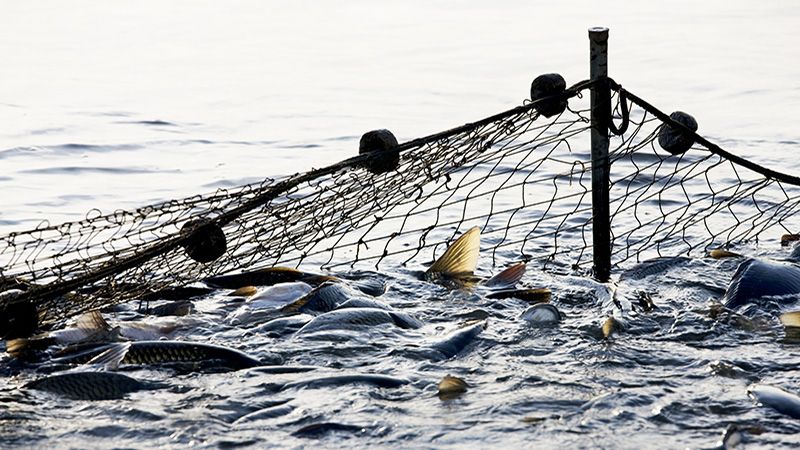China catches the most seafood of any nation, with 2.33 million tonnes caught in 2022 alone. However, with China’s distant-water fishing fleet often resorting to extreme ways to enhance its low profitability, Planet Tracker’s latest report warns financial institutions are “unknowingly exposed” to environmental and social harm through their investments in food producers and retailers.
The report – Fishful thinking – documents how, due to its massive expansion, China’s distant-water fishing fleet causes dire environmental and social damage. It also highlights the crucial role of sustainable investment and calls for immediate action to address these challenges from financial institutions and the Chinese government, chiefly through a transition funded by the $759m ‘Hai Feng’ (ocean abundance) sovereign bond.
Climate and social pressures
Planet Tracker’s analysis revealed the Chinese distant-water fleet is in a precarious financial state, despite generous state support. The 1,446 vessels analysed by the think tank generate an average gross margin of just 14%. This has severe implications: for instance, if they were to pay their crew standard Chinese wages, squid vessels would suffer heavy losses.
Additionally, climate change poses a severe threat to the Chinese fleet’s profitability and sustainability. Its most lucrative tuna fishing grounds in the Western and Central Pacific may see reduced biomass, pushing tuna into less regulated high seas and potentially increasing illegal, unreported and unregulated fishing and labour abuse.
Meanwhile, the entry into force of the World Trade Organisation agreement on fisheries subsidies will further strain the fleet by banning some subsidies upon which it heavily relies.
To address these challenges, Planet Tracker recommends an “ambitious transition” funded by the Hai Feng sovereign bond. With a target of financing 100% monitoring and traceability onboard the Chinese distant-water fleet, this initiative “could reduce the industry’s impact without damaging profits”.
According to the report, it could also “foster a collaborative effort between investors and governments to engage on sustainable practices”. This is essential, it argues, for turning the tide on the environmental and social harms caused by China’s distant-water fishing fleet and would help mitigate risks, support ocean health and secure long-term profits.
“Only about 2% of the wild fish that are caught globally are monitored by fisheries observers. These are people that work on fishing vessels, sometimes risking their lives to ensure that rules are respected. Observers are precious (they gather critical data used to assess and monitor fisheries), rare (one for every thousand motorised fishing vessels globally), and endangered (they can spot illegal activities and shockingly their death rate is high, including on board Chinese-owned fishing vessels),” the report notes.
“Planet Tracker previously estimated that this 2% global observer coverage could be multiplied by 10 at a low cost, equivalent to only 1% of the harmful fisheries subsidies. Given its heavy fleet of tuna longliners and squid jiggers (which are typically little monitored as per regional fisheries management organisations’ (RFMO) regulations), China showing voluntary ambition on reaching a 100% observer coverage would send a very strong signal that would most likely be emulated and help lead to improved coverage within RFMOs. It would also help change the perception of the Chinese distant-water fleet, which is now generally negative outside of China, for environmental and social reasons.”








